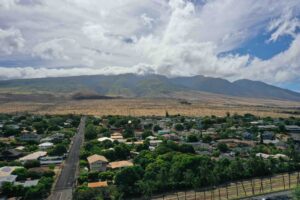Where do preferences for fairness come from? We use a unique field setting to test for a spillover of sharing norms from the workplace to a laboratory experiment. Fishermen working in teams receive random income shocks (catching fish) that they must regularly divide among themselves. We demonstrate a clear correlation between sharing norms in the field and sharing norms in the lab. Furthermore, the spillover effect is stronger for fishermen who have been exposed to a sharing norm for longer, suggesting that our findings are not driven by selection effects. Our results are consistent with the hypothesis that work environments shape social preferences.





